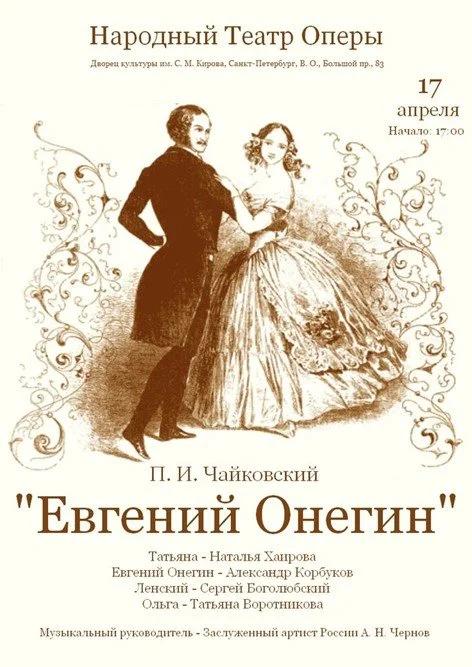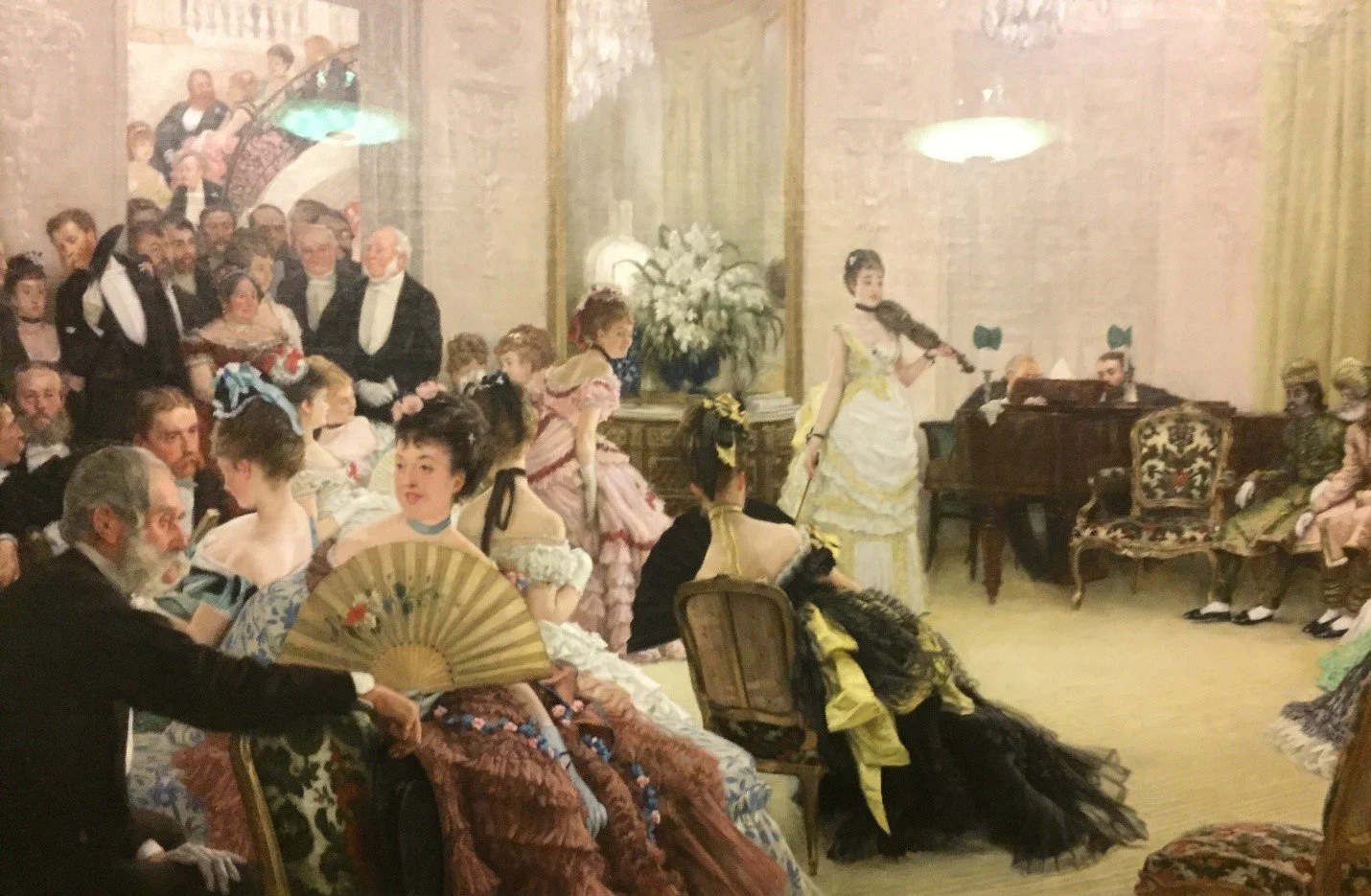Headlines focus on that tiny segment of the arts that garners extraordinary numbers (whether readers, audience members, or dollars). But what about those creative people who struggle to have their work recognized?
Read MoreProblems with funding for the arts have a long history. If we really want to understand why there is a crisis, we need to go back three quarters of a century as described in this month’s blog.
Read MoreWe Americans are an unhappy lot. Can concert attendance help?
Read MoreResistance to the actions of an out-of-control administration in Washington D.C. takes courage and, in some cases, imagination and inventiveness. Along with major institutions like Harvard University, other organizations concerned with youth development and the future of the arts, have come up with some inspiring approaches.
Read MoreThe telltale signs are here. The United States may well lose its leadership position in the arts if current political events continue. The trends follow a dismal historical pattern…
Read MoreSome say that he reason so many musicians come from musical families is because of genetics—musical talent is inherited. But it is far more complicated than that. Read on to find out what really matters.
Read MoreSome musicians give superb performances into their nineties and even at a hundred years of age. Others should quit decades earlier. For those in the music business, when is old, too old?
Read MorePublic funding is only one avenue towards support of a healthy arts sector, but in the United States it is far from the most important one.
Read MoreThe flute and its progeny (piccolo, alto flute, and bass flute) may not be considered the most important instrumental family in a symphony orchestra, but it is certainly one of the most versatile.
Read MoreWhat happens when nearly a hundred professional harpists converge for a reunion in a little town in Maine? For more on a remarkable celebration, read on!
Read MoreIs classical music going to the dogs? In this piece celebrating summer, I offer a classical music, shaggy-dog story about one of the most musically talented dogs that ever lived.
Read MoreDo you know which famous composer’s second symphony was called “a crass monster” and whose fifth symphony was called “riotous beyond endurance”? Even the greatest musicians get bad reviews. If you want to know what to do about them, read on.
Read MoreThis year marks the 100th anniversary of the Curtis Institute of Music, arguably one of the greatest conservatories in the world. In its early years, Curtis had a secret weapon that enhanced the likelihood that its students would play major roles in the classical music world.
Read MoreInnovations in musical instrument teaching are often met with skepticism, at least initially. With artificial intelligence entering the arena of violin pedagogy, can high quality teaching survive?
Read MoreA magic bullet is an effective solution to a difficult or previously unsolvable problem. And if there is such an intractable problem in the classical music world, it is how to attract greater numbers of audience members to live events.
Read MoreDo Christmas carols written by Jewish composers make them Jewish music? Musician and arts consultant Thomas Wolf takes an insider view and identifies three characteristics of Jewish Musical Tradition that go well beyond Christmas songs.
Read MoreA special message for musicians: Do you know how to make certain your audience will demand at least one encore, and maybe several? I share my secret here. Audience members take note.
Read MoreThe Banff Centre for Arts and Creativity in the Canadian Rockies operates according to a unique business model. Its International String Quartet Competition and Festival is a powerful example of one of its signature programs. What can we who work in the arts learn from Banff? Read this blog to find out.
Read MoreMusicians, do you want to improve your playing? Learn about renowned cellist Mike Reynold’s secret in my August blog.
Read More


















